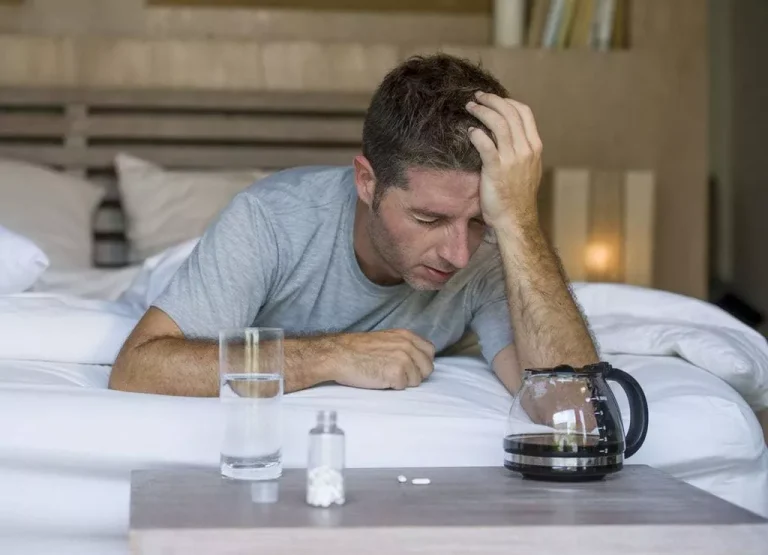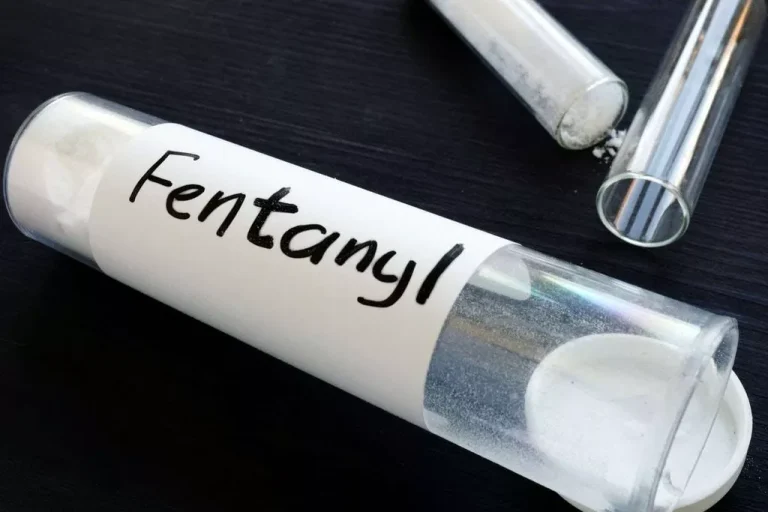Effects of Alcohol on Each Part of the Body

Abstain from alcohol while you are taking an anticoagulant or blood thinner. It’s hard for your doctor to determine the right dose and keep you as healthy as possible if you also drink. “Some people think of the effects of alcohol as only something to be worried about if you’re living with alcohol use disorder, which was formerly called alcoholism,” Dr. Sengupta says.
Do doctors test for alcohol before surgery?

It is important to acknowledge the detrimental health effects of alcohol and its public health implications. When it comes to the health of your blood vessels, have a conversation with your doctor. Any amount of alcohol that exceeds the daily blood thinners and alcohol limits of “moderate drinking” is considered heavy drinking, which brings additional health risks. If you have high blood pressure, drinking many days in a row or drinking a lot in one setting are both very dangerous and can even be deadly.
Alcohol and Heart Failure
- Daily RW consumption for 21 consecutive days significantly enhanced vascular endothelial function in 20%.
- The amount of alcohol a person consumes daily contributes to how it affects blood and heart health.
- However, higher amounts of alcohol consumption may have the opposite effect and increase the risk of blood clotting.
- However, a blood clot can sometimes develop in, or travel to, an artery that delivers oxygen-rich blood to your heart or brain.
- Alcohol can thin the blood and interfere with this process, raising the risk of uncontrolled bleeding.
After new platelets are made in your bone marrow, they live in your body for about 7-10 days. Researchers have found evidence of mitochondrial dysfunction or impaired bioenergetics related to alcohol consumption. This is not surprising, because mitochondria are a major target for free-radical injury. Dysfunctional mitochondria are less efficient, can become a source of ROS, and are more likely to initiate apoptosis (Marzetti et al. 2013). The proportion of cardiomyopathy cases attributable to alcohol abuse has ranged from 23 to 40 percent (Piano and Phillips 2014).

Immediate Effects
- Characteristics of 14 studies evaluating the effect of alcohol on hypertension.
- Some research finds that alcohol increases levels of high-density lipoproteins (HDL, aka “good cholesterol”).
- If you’re planning to have bariatric surgery, be sure to discuss alcohol with your doctor well in advance.
This knowledge empowers you to make informed choices regarding alcohol consumption and its potential consequences. There is a widespread belief that alcohol has a thinning effect on the blood. While alcohol can temporarily affect certain aspects of blood function, it does not actually “thin” the blood in the way that medications like blood thinners do.
Type 2 Diabetes Mellitus

However, alcohol blood tests are more accurate than alternatives, such as breathalyzers, and are much less likely to produce false positives. If you have alcoholic cardiomyopathy, stopping drinking can lead to improvement or even recovery for many. As females retain more alcohol in the bloodstream than males, they are at higher risk of developing problems from combining alcohol with medications.

Does alcohol increase heart rate?
Although plasma stromal cell-derived factor-1 (SDF-1) concentrations remained unchanged, the endothelial progenitor cell (EPC) count and migration significantly increased after this period. RW increased the migration, proliferation, C-X-C chemokine receptor type 4 (CXCR-4) expression, and the activity of the Pi3K/Akt/eNOS signaling pathway and decreased the extent of apoptosis in glucose-stressed EPCs [36]. It reduces the number of platelets in the blood, partly affecting blood cell production in the bone marrow. This process makes the platelets less sticky and less likely to form blood clots. The above review noted that low to moderate alcohol consumption can decrease platelet activation and aggregation, meaning it may reduce blood clotting in a similar way to blood thinning medications. The amount of alcohol a person consumes daily contributes to how it affects blood and heart health.
Blood thinners may interact with alcohol as well as certain other medications, foods, and dietary supplements. For example, the NIAA advises that drinking alcohol while taking warfarin, which is a blood thinner, can have adverse effects. Yet there are other, less risky ways to protect your arteries — for example, by eating a plant-based diet and exercising.
Cancer risk
The Centers for Disease Control and Prevention (CDC) reports that the health benefits could be related to genetics and not to alcohol consumption at all. Just like the Dietary Guidelines, AHA and the CDC do not recommend alcohol consumption for individuals who do not already drink. They also encourage people who drink to do so in moderation in order to minimize some of the potential negative side effects of long-term alcohol use. Alcohol is mostly broken down in the liver, which serves to filter out toxins from the blood. Alcohol can stimulate the liver to then increase production of HDL (high-density lipoprotein cholesterol), which can then work to break down LDL (low-density lipoprotein cholesterol). HDL is considered “good” cholesterol while LDL is classified as “bad” cholesterol, a buildup of which can be a contributing factor in a heart attack.
Does Alcohol Prevent Blood Clots?
Researchers also found decreased rates of coronary artery disease (CAD) and non-fatal stroke among people who drank alcohol compared to those who didn’t. There are a number of factors that determine how dangerous alcohol consumption is while taking blood thinners. Blood clotting, also known as coagulation, is a complex process that helps to prevent excessive bleeding when a blood vessel is damaged. It involves a series of steps that result in the formation of a blood clot, which seals the injured blood vessel and promotes healing.
-
Posts recentes
- Best Us Online casino real money casino mobile Invited Incentives Basic Deposit Added bonus
- Multiple Diamond Video slot by the IGT rocky 80 free spins Enjoy On line 100percent free
- Happy Larry’s Lobstermania step three Position opinion from mecca bingo casino IGT
- Gambling enterprise Greeting 3$ deposit casino Incentive 2024 Finest Greeting Extra Gambling enterprise
- Greatest Real cash Slot Applications casino frank free spins 2024 Top Video slot Apps inside United states
Comentários
Arquivos
- setembro 2024
- agosto 2024
- julho 2024
- junho 2024
- maio 2024
- abril 2024
- fevereiro 2024
- janeiro 2024
- dezembro 2023
- outubro 2023
- setembro 2023
- agosto 2023
- julho 2023
- junho 2023
- abril 2023
- fevereiro 2023
- janeiro 2023
- junho 2022
- maio 2022
- abril 2022
- janeiro 2022
- setembro 2021
- agosto 2021
- julho 2021
- junho 2021
- janeiro 2021
- novembro 2020
- outubro 2020
- novembro 2018
Categorias
- ! Без рубрики
- 1
- 1WIN Official In Russia
- 2
- Artificial intelligence
- Artificial intelligence (AI)
- average price for a mail order bride
- best site mail order bride
- bet10
- bet10-casino
- Bets
- blog
- Bookkeeping
- Brasil
- bride order mail
- bride world mail order brides
- browse mail order bride
- Catalogue de la mariГ©e par correspondance
- Cloud
- Commande par courrier de la mariГ©e
- correo en orden novia
- Cryptocurrency exchange
- Datacenters
- encontrar una novia
- Esports
- find mail order bride
- FinTech
- Forex Trading
- Free
- how does a mail order bride work
- Instances
- IT Vacancies
- IT Вакансії
- IT Образование
- Können Sie eine Braut bestellen?
- laillinen postimyynti morsiamen sivusto
- Legale Versandhandel Seiten für Bräute
- legitimate mail order bride
- list of best mail order bride sites
- mail order bride agences
- mail order bride dating site
- mail order bride real site
- mail order bride stories
- mail order bride website reviews
- mail order bride worth it
- novia de pedidos por correo
- Novidades
- Provisioning
- Reels
- Releases
- Resources
- Reviews
- Sem categoria
- sitio de la novia de pedidos por correo real
- sitios de novias de orden de correo superior
- Slots
- Sober Living
- Software development
- Strategies
- Tantra
- top mail order bride countries
- top mail order bride services
- top mail order bride sites.
- top mail order bride websites
- true mail order bride
- Uncategorized
- Wellness
- what is a mail order bride?
- what is the mail order bride?
- whats a mail order bride
- write my essay no plagiarism
- Финтех
- Форекс Обучение
Meta
